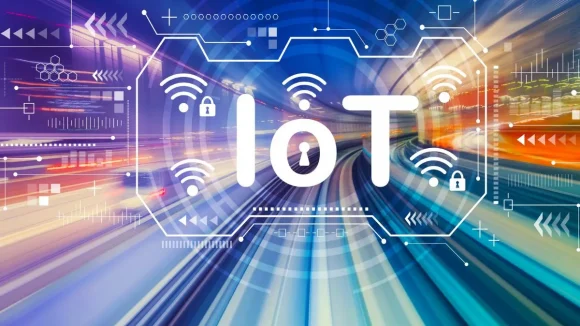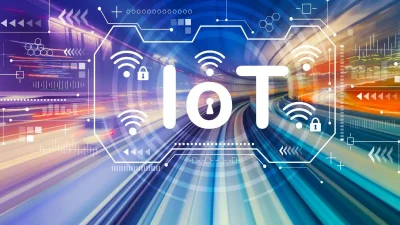Mastering fleet management procurement is vital for companies aiming to optimize their vehicle operations while keeping costs down. This intricate process spans vehicle acquisition, supplier negotiations, and ongoing cost scrutiny. It forms the cornerstone of a company’s competitive edge.
The fleet management sector is on an upward trajectory with a promising compound annual growth rate (CAGR) of 16.4% over the next seven years. And as fleet management services become more diverse, companies can benefit from utilizing advanced networks such as the Internet of Things (IoT).
IoT refers to a network of physical devices – including appliances and yes, even vehicles – embedded with sensors or software for the purposes of exchanging data with other devices over the internet.
IoT as the catalyst
There were more than 15 billion IoT devices as of February 2023, with the number estimated to reach 20 billion by 2025 and 30 billion by 2030, according to Statista. Harnessing IoT’s real-time monitoring and data analytics capabilities is therefore essential.
The fusion of IoT, artificial intelligence, GPS, and similar technologies significantly enhances fleet management. Among these, IoT stands out for its role in facilitating real-time monitoring. This enables flexible operations.
Since COVID-19 uprooted the global industrial landscape, logistics and transportation sectors have been facing the brunt. To overcome the challenges unleashed by the global pandemic, IoT emerged as a beacon of hope.
It enhances efficiency in several ways:
Monitoring and tracking
IoT enables real-time monitoring of vehicle locations, fuel levels, engine status, and driver behavior, which helps to optimize routes. It can identify ways in which to save fuel, and reduce operational costs. Moreover, it can assist in evaluating driver behavior to identify training needs
Temperature management for perishable goods
For fleets transporting perishable goods, IoT sensors can monitor and control the temperature in storage areas to ensure product quality and compliance.
Predictive maintenance
By analyzing data from vehicle sensors, IoT can predict when maintenance is needed. This reduces downtime and prevents costly breakdowns.
Asset utilization and anti-theft measures
IoT also provides insights into how vehicles and other company assets are being used, aiding in better resource allocation and fleet optimization.
All of these also facilitate better communication between fleet managers, drivers, and customers through connected devices. This ensures everyone stays informed while also improving overall customer satisfaction.
In conclusion, the continuous evolution of IoT opens up new possibilities in fleet management. By offering real-time analysis and structured approaches to operational efficiency, IoT is not just a passing wave but a substantial tide steering the fleet management sector forward.
About the author
Cheryl has contributed to various international publications, with a fervor for data and technology. She explores the intersection of emerging tech trends with logistics, focusing on how digital innovations are reshaping industries on a global scale. When she's not dissecting the latest developments in AI-driven innovation and digital solutions, Cheryl can be found gaming, kickboxing, or navigating the novel niches of consumer gadgetry.











